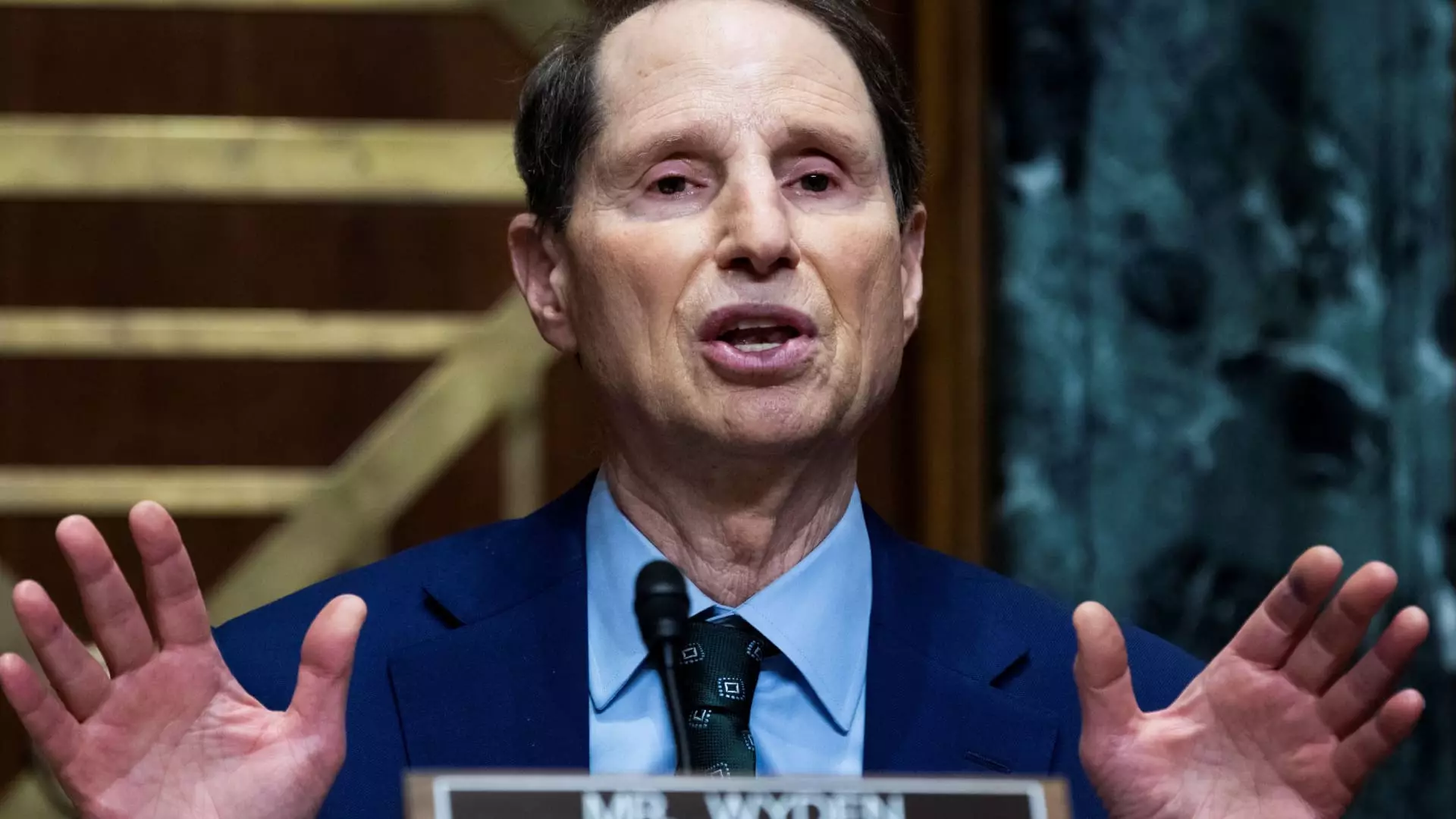The landscape of American taxation is on the brink of significant change, with the upcoming expiration of comprehensive tax provisions outlined in the Tax Cuts and Jobs Act (TCJA) of 2017. As 2025 approaches, policymakers are embroiled in discussions about the future of taxation, which could have substantial implications for families, small businesses, and the federal budget. This pivotal moment represents not only a crucial juncture for fiscal policy but also a reflection of broader economic struggles that the nation faces.
The TCJA, a legacy of former President Donald Trump, was hailed by some as a necessary overhaul of the U.S. tax system and criticized by others for favoring corporations primarily. Notably, the TCJA slashed the corporate tax rate to a permanent 21% while implementing temporary changes that are set to expire at the end of 2025. Some of these temporary measures include reduced federal income tax brackets, increased standard deductions, a more robust child tax credit, and higher exemptions related to gifts and estates, all of which are designed to provide direct financial relief to the American taxpayer.
However, the expiration of these provisions could result in adverse consequences for many families. Estimates suggest that over 60% of tax filers could see an increase in their tax liabilities come 2026 if the temporary features of the TCJA are allowed to lapse. This scenario raises pressing concerns about the potential economic impact, particularly on the middle class, who are already navigating through challenges like inflation and stagnant wages.
The ramifications for small businesses are particularly pronounced, with many relying heavily on the qualified business income (QBI) deduction, which allows for a substantial tax break — up to 20% of eligible income. This provision is especially critical for pass-through entities like sole proprietorships and partnerships. As expressed by small business advocates, the permanence of the QBI deduction is vital for ensuring their survival, particularly amid economic uncertainties brought on by the pandemic and shifting market conditions.
The arguments presented by business representatives emphasize that the failure to preserve the QBI deduction would jeopardize the backbone of the American economy. These small entities, which employ countless Americans, are facing compounded stresses from rising costs, a tightening labor market, and long-lasting impacts from the COVID-19 pandemic. Hence, forcing these businesses back into a more punitive tax environment could stifle innovation, reduce job growth, and ultimately harm the broader economic recovery.
Another major point of contention is the child tax credit, which was significantly expanded during the American Rescue Plan of 2021. By enhancing the tax credit to between $3,000 and $3,600 per child, the government provided immediate financial relief to working families, leading to a drastic reduction in child poverty rates at the time. However, the discontinuation of these enhanced credits in the absence of legislative action has resulted in a concerning rise in childhood poverty, highlighting the urgency of re-evaluating tax policies centered around family welfare.
Advocates argue for an expansion of the child tax credit as the data shows a direct correlation between financial support and reductions in poverty rates. With child poverty escalating to alarming levels in recent years, any upcoming tax negotiations cannot afford to ignore the real-life human costs associated with these policy decisions.
As lawmakers navigate the intricacies of tax reform leading up to 2025, they are faced with a multitude of challenges underscored by rising national debt and fiscal responsibility. With the U.S. government grappling with a staggering $35.3 trillion debt, and expenditures on interest alone surpassing $1 trillion, the stakes are higher than ever for the nation’s fiscal health.
Discussions have become increasingly polarized, with some lawmakers advocating for expansive tax cuts and credits, while others highlight the need for tighter fiscal controls and deficit management. The intricate balance between ensuring economic growth, supporting small businesses, and alleviating poverty poses a complex dilemma that will require collaborative bipartisan efforts to achieve a satisfactory resolution.
It is evident that with the TCJA’s temporary measures poised to expire, actionable decisions must be made swiftly. The road ahead is fraught with challenges, yet the potential to reshape economic support for families and small businesses stands as both a moral imperative and a pressing necessity.

